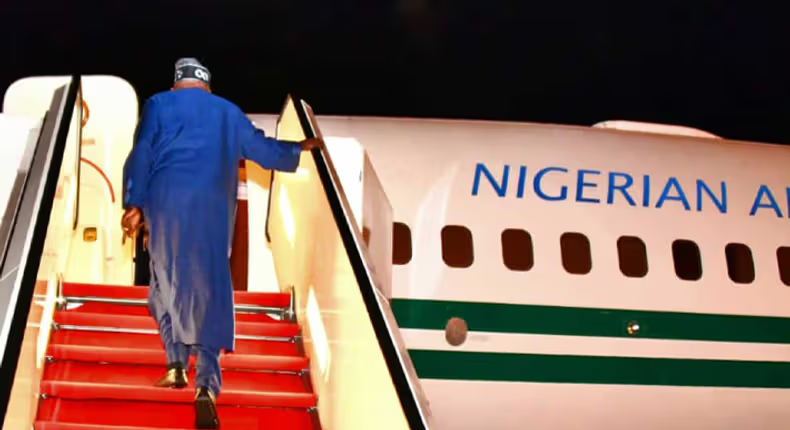Nigeria’s embassies across the globe are battling severe financial and structural challenges even as President Bola Tinubu continues an active schedule of international travel. Since assuming office in May 2023 Tinubu has made at least 43 foreign trips but the difficulties faced by Nigerian missions abroad have only deepened with unpaid staff salaries mounting rent arrears and deteriorating facilities.
Officials from the Ministry of Foreign Affairs have admitted that many missions cannot pay their locally recruited staff or cover essential services due to chronic underfunding and foreign exchange shortages. In some cases embassies have even been threatened with eviction as debts pile up. This crisis has been made worse by a leadership vacuum. In September 2023 Tinubu recalled all 109 ambassadors and nearly two years later replacements are yet to be appointed leaving embassies in the hands of chargés d’affaires and junior staff without the authority to fully represent the country.
The financial strain has raised questions about Nigeria’s ability to protect its citizens abroad and negotiate effectively on trade and security matters. Although the 2025 federal budget allocated significant resources for capital and operational expenditure in foreign missions bureaucratic delays have slowed relief. The government has recently approved intervention funds and released a large portion to cover salaries and rent arrears while a task force has been mandated to verify debts and ensure transparent disbursement.
For many Nigerians the contrast is stark. Tinubu’s frequent appearances on the global stage signal an attempt to raise Nigeria’s diplomatic profile yet the institutions tasked with carrying out that diplomacy are left in crisis. The situation underscores the need for urgent reforms stronger funding mechanisms and the swift appointment of ambassadors if Nigeria’s embassies are to recover and regain credibility abroad.


